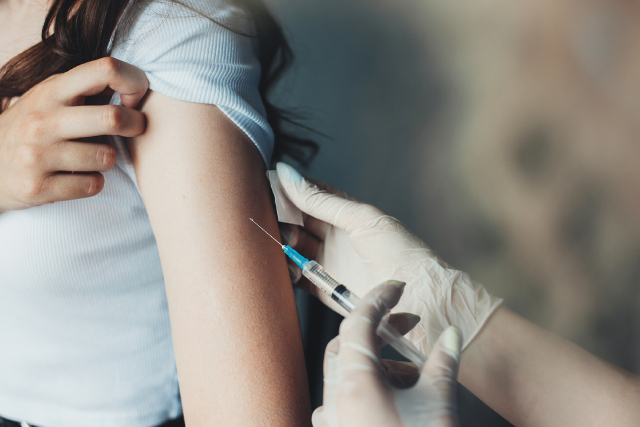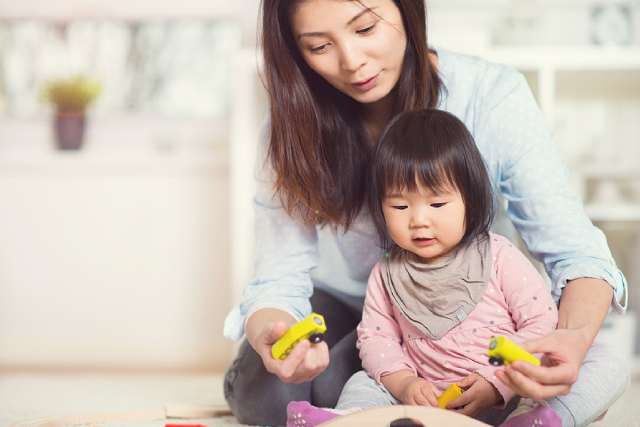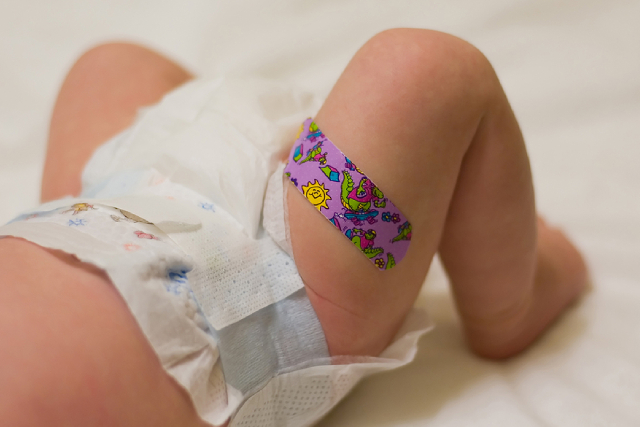
blog
The Cost and Risks of Avoiding or Delaying Vaccinations

As parents, we feel the need to safeguard our children from harm. We aim to provide them with a safe environment, ensure their health, and make decisions that foster their growth and well-being. In this context, the topic of vaccinations often arises, surrounded by conflicting opinions and emotional debates.
While it is natural to have questions and concerns, you mustn't avoid or delay baby immunisation vaccinations—the cost and risks of doing so are insurmountable, affecting both your children and the broader community.
Understanding Vaccinations
Vaccinations are a critical component of public health, designed to prevent the spread of infectious diseases. They work by stimulating the immune system to recognise and combat pathogens without causing the disease itself. Diseases like measles, mumps, rubella, polio, and whooping cough, once common and often deadly, have been largely controlled through widespread vaccination efforts.
If a child has not been vaccinated against a disease, exposure to it will almost certainly lead to the development of the illness.
The Financial Costs
Notably, the cost of treating vaccine-preventable diseases is extremely high. Hospitalisation, long-term treatments, and additional medical care required for diseases like measles or whooping cough can lead to exorbitant medical bills.
Furthermore, parents must consider the indirect costs. These include time off work to care for a sick child, the need for special care or educational support for children suffering long-term consequences of diseases, and the emotional stress and impact on family life.
Health Risks to the Child
Delaying or avoiding vaccinations exposes children to the risk of contracting serious, sometimes life-threatening diseases. The resurgence of measles in areas with low vaccination rates exemplifies this risk. Measles can lead to severe complications such as pneumonia, encephalitis (brain swelling), and death. Infants and young children are particularly vulnerable due to their developing immune systems.
Pertussis, or whooping cough, is another illness that poses severe risks to unvaccinated children, especially infants who are too young to be fully vaccinated. This highly contagious respiratory disease can cause uncontrollable, violent coughing, making it hard for children to breathe. Complications can include pneumonia, convulsions, brain damage, and death.
Herd Immunity and Community Health
Vaccination isn't just about individual protection—it’s about community health. Herd immunity occurs when a significant portion of a population becomes immune to a disease, thus providing a measure of protection for individuals who are not immune. This includes newborns, individuals with certain medical conditions, and those who are allergic to components of vaccines.
By delaying or avoiding vaccinations, parents not only put their own children at risk but also jeopardise the health of other children and adults within the community. Outbreaks of diseases can occur, disproportionately affecting those who are most vulnerable. The ethical implications of such decisions are profound, as they touch on our responsibility to protect not only our own children but also others in the community.
Psychological and Social Impacts
Choosing to delay or avoid vaccinations can lead to significant psychological stress for parents. The fear of their child contracting a preventable disease can be overwhelming. Additionally, during outbreaks of vaccine-preventable diseases, unvaccinated children might be isolated and excluded from schools or public places, leading to social isolation and disruption in their education and social development.
Moreover, parents who choose not to vaccinate often face scrutiny and judgment from the broader community, which can lead to feelings of isolation and defensiveness.
Myths and Misconceptions
One of the reasons parents avoid or delay vaccinations is due to myths and misconceptions. False information about vaccines causing autism, for instance, has been debunked repeatedly by scientific research. The original study that fueled this fear was found to be fraudulent and was retracted, yet the myth persists. It's crucial for parents to seek out credible sources of information and consult healthcare professionals to make informed decisions.
The Role of Healthcare Providers
Healthcare providers play a vital role in educating parents about the benefits and safety of vaccines. They can address concerns, provide evidence-based information, and support parents in making informed decisions. Open and empathetic communication between healthcare providers and parents is essential in building trust and ensuring that children receive timely vaccinations.
Conclusion
As parents, we strive to do what’s best for our children. The decision to vaccinate should be informed by credible information, understanding of the substantial risks of vaccine-preventable diseases, and consideration of both individual and community health. The cost of avoiding or delaying vaccinations is far-reaching, encompassing financial burdens, health risks, and social implications.
Vaccinations are one of the most effective tools we have to protect our children and our communities from serious diseases. By adhering to recommended vaccination schedules, we can ensure our children grow up healthy, safe, and able to enjoy their lives to the fullest. The peace of mind that comes with knowing our children are protected far outweighs the fleeting fear of the unknown.
Gift your child an extra armour of protection with Babysteps Medical’s vaccination services. We offer house doctor visits in Singapore, ensuring that your little one gets the care they need anywhere and anytime.



